Chanaka Balasuriya, the 47-year-old owner of Southport’s Windsor Mini Mart, has been deeply affected by the violent unrest that spread across the UK - but also by the acts of compassion that followed.
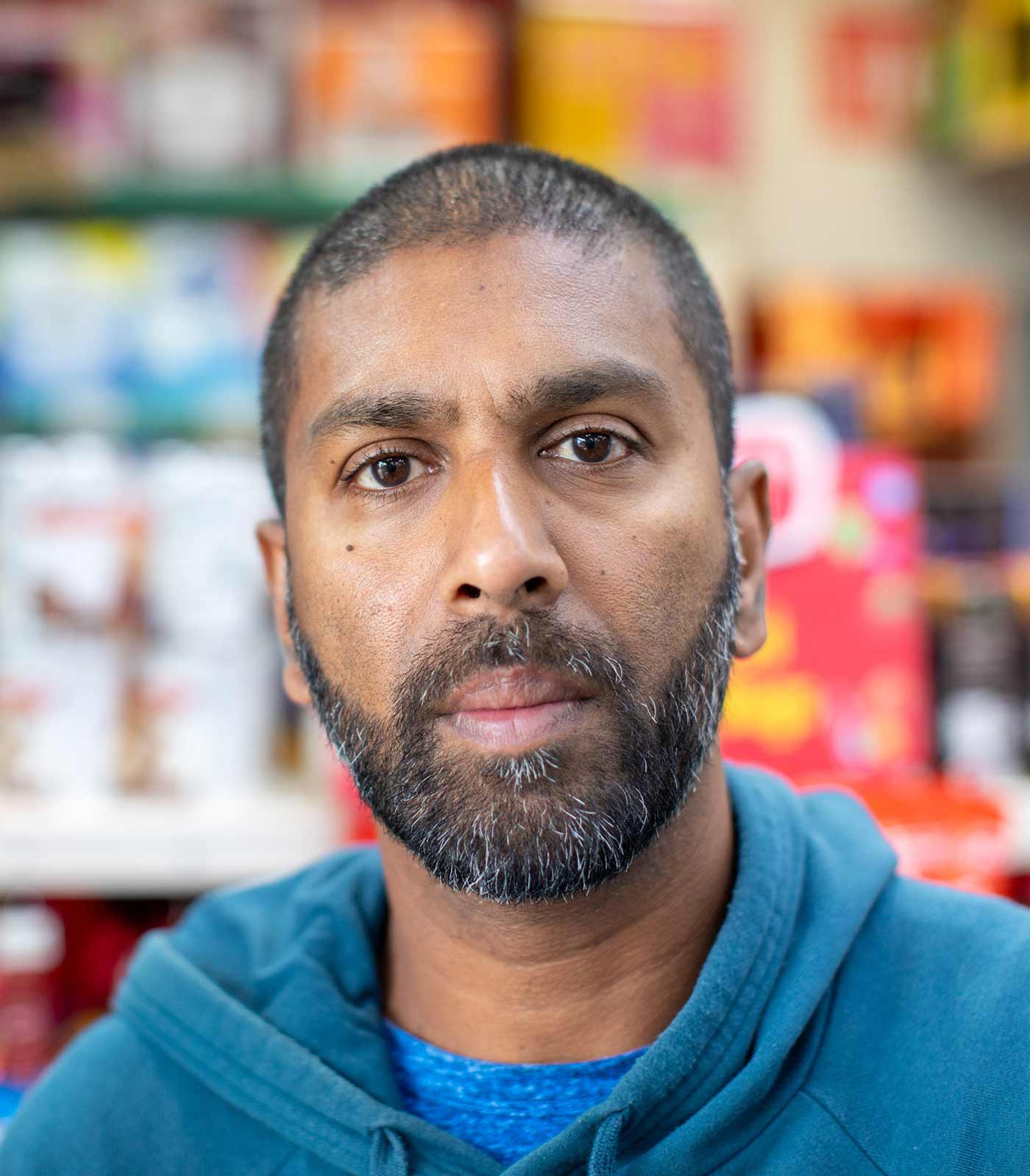
His grocery shop, half a mile from the dance studio where three girls were fatally stabbed at a Taylor Swift holiday club, was looted by anti-immigrant rioters the day after the knife attack.
The violence in towns and cities across England and in Northern Ireland was fuelled by disinformation online and the far-right.
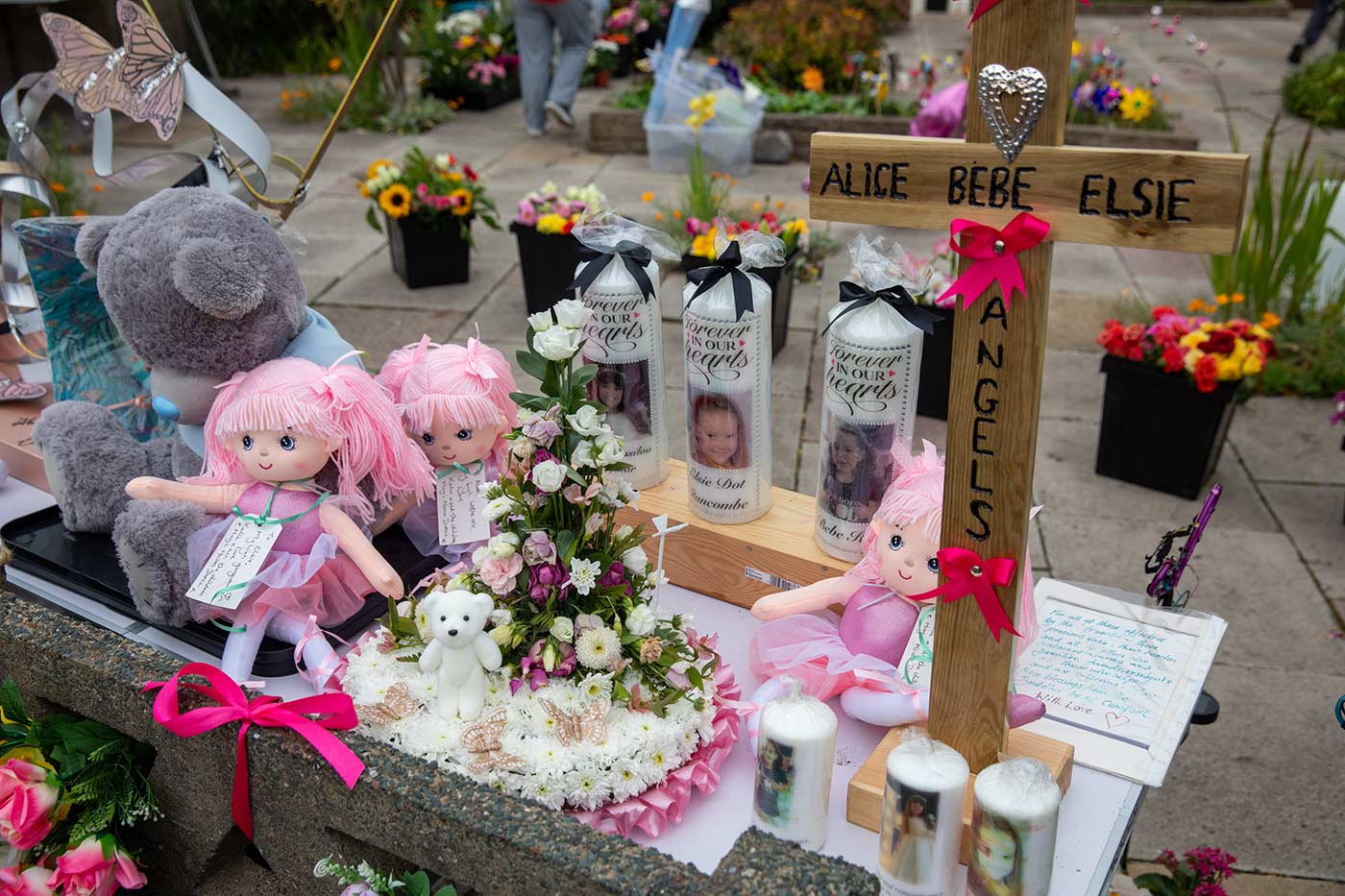
Since then, thousands of people have taken to the streets to prevent further attacks and communities have repaired mosques and businesses.
Brought to the brink of financial ruin - then saved from it by those around him - Mr Balasuriya’s experience of the riots encapsulates the upheaval of the past ten days and may hint at a possible way out of the strife.
This is his story as told to the BBC’s Jonny Humphries.

Less than two hours after mourners gathered at a vigil on 30 July to honour the girls killed in the stabbing, hundreds of rioters flooded the streets of Southport.
After hearing demonstrators were gathering at a nearby mosque, Mr Balasuriya went home and watched, via the shop’s CCTV cameras on his phone, as a crowd hurled bricks at the windows and set a bin alight near the shop’s entrance.
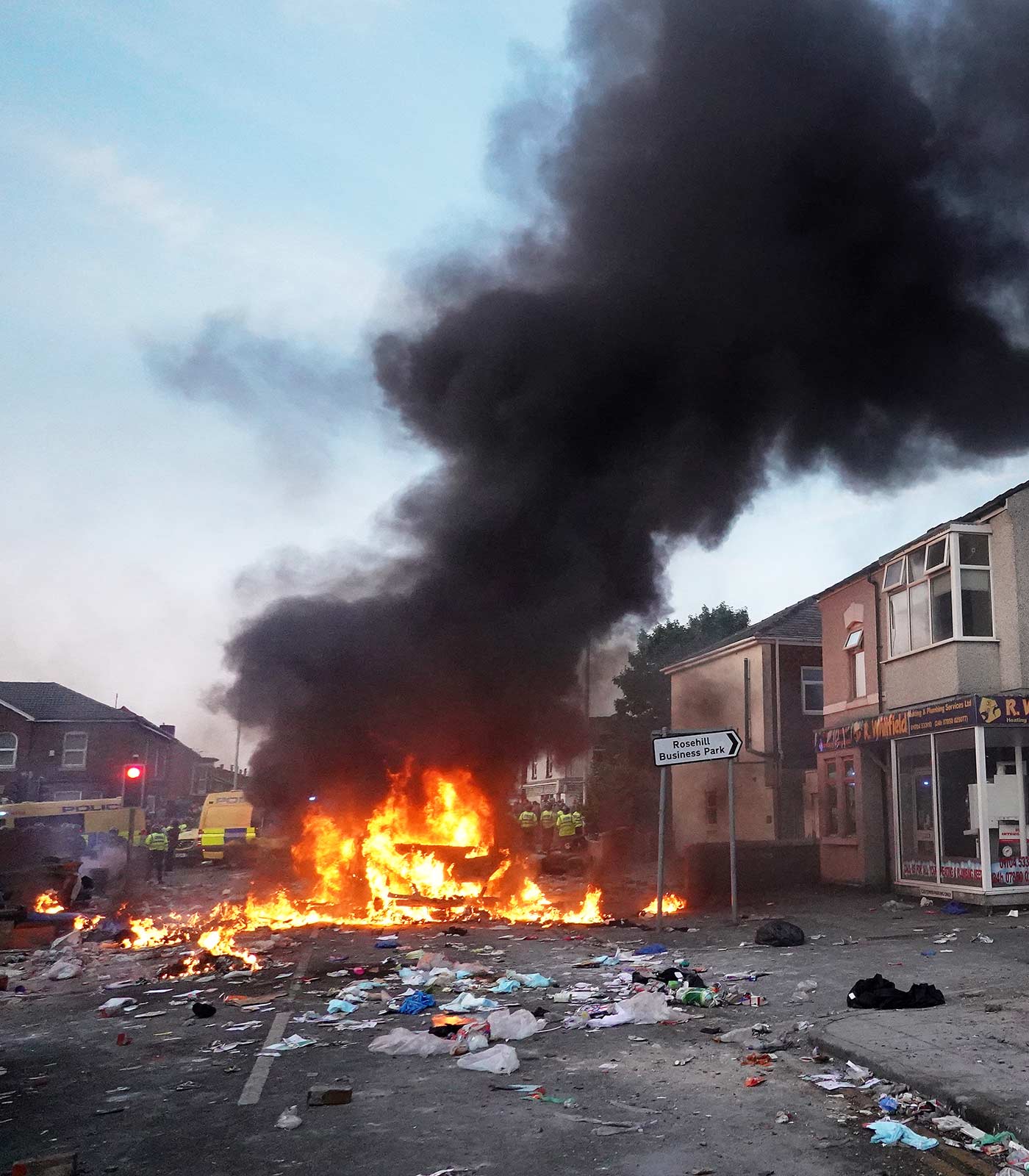
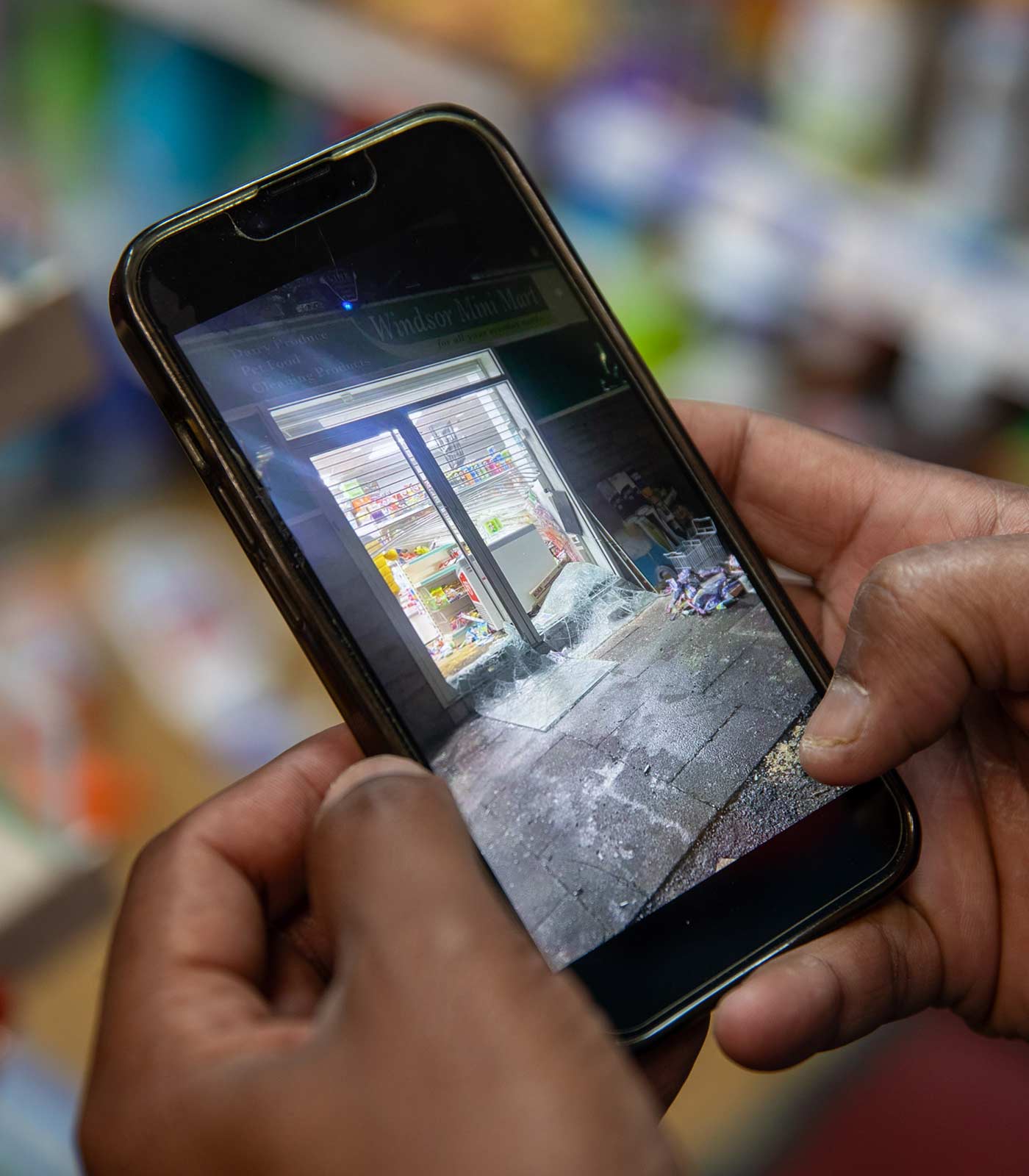
Among those who broke in and emptied shelves of cigarettes and alcohol were boys he said who appeared as young as 11.
Many made no attempt to hide their faces.
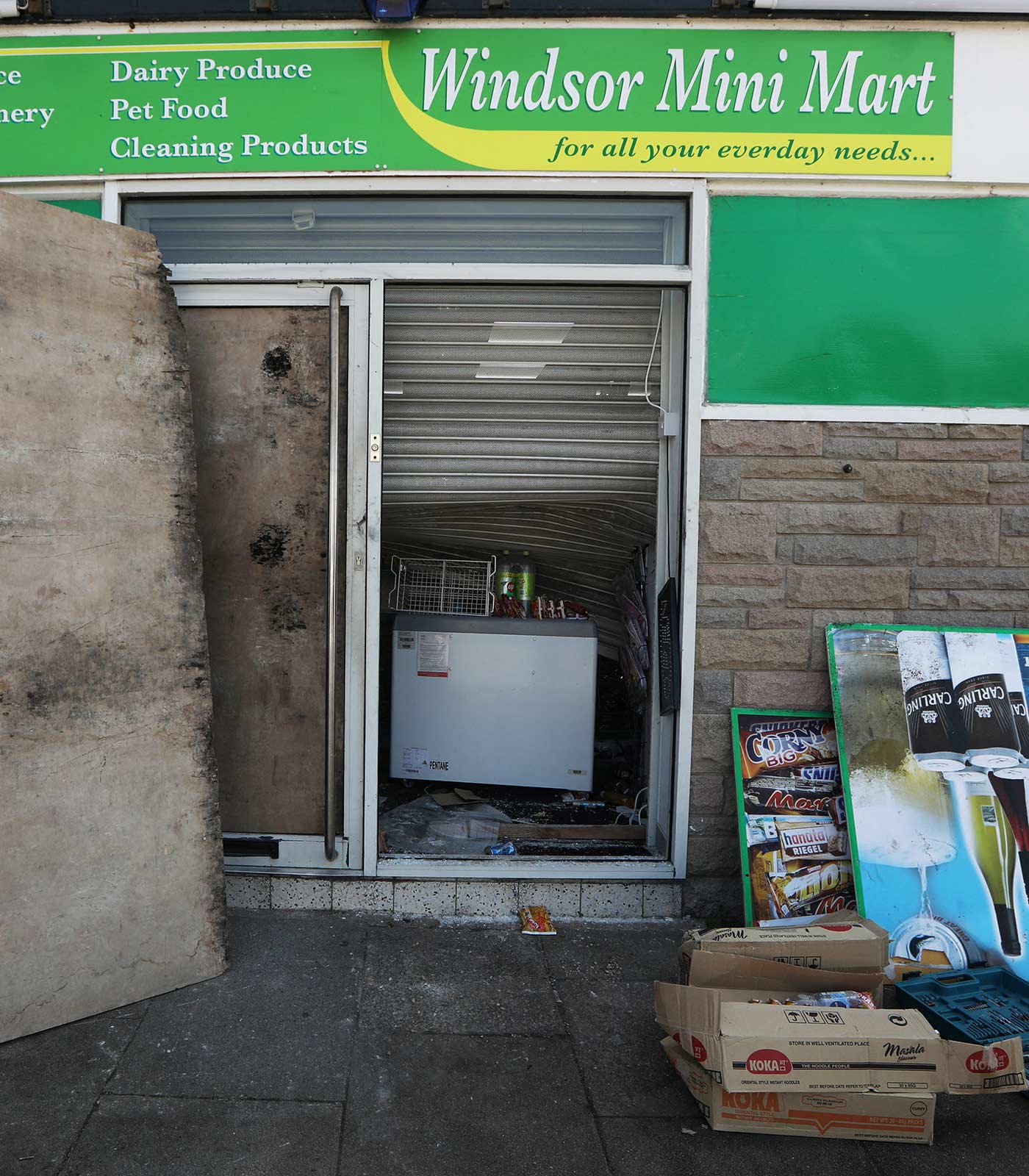
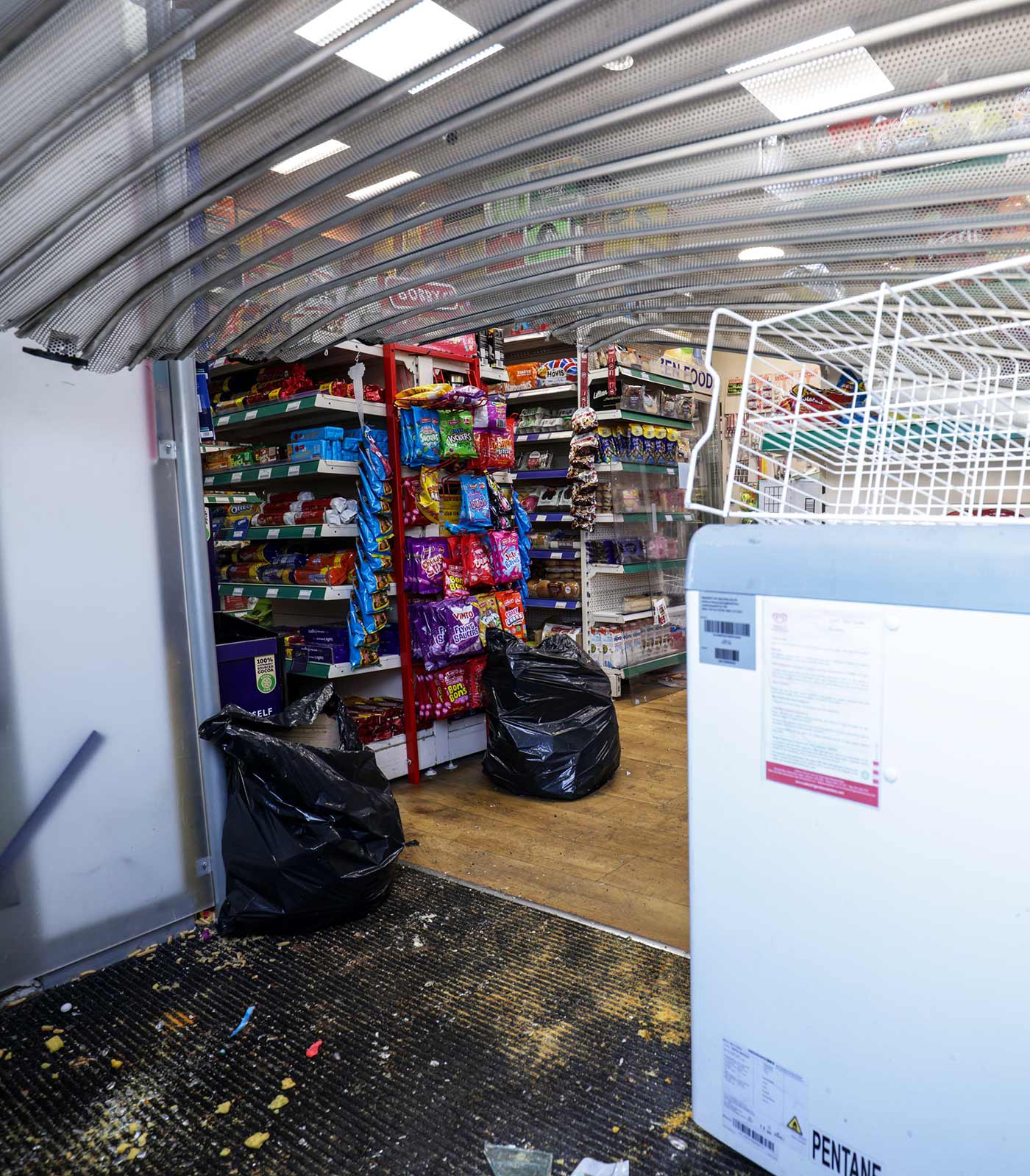
“I remember thinking ‘well that's it, we’re finished.’ A business I started from scratch. I kind of gave up on everything.”
The following morning Mr Balasuriya found a crowd of neighbours, some of whom he’d never spoken to, making repairs and clearing up broken glass.
Support flooded in.
The owner of a nearby beauty salon set up a crowdfunding campaign raising more than £11,000 towards repairs. A local builder replaced his windows for free. One of his suppliers turned up with a cabinet of ice cream.
A few days later he re-opened the shop.
“You never imagine you're going to get that much support,” said Mr Balasuriya, who emigrated from Sri Lanka in the 1990s.
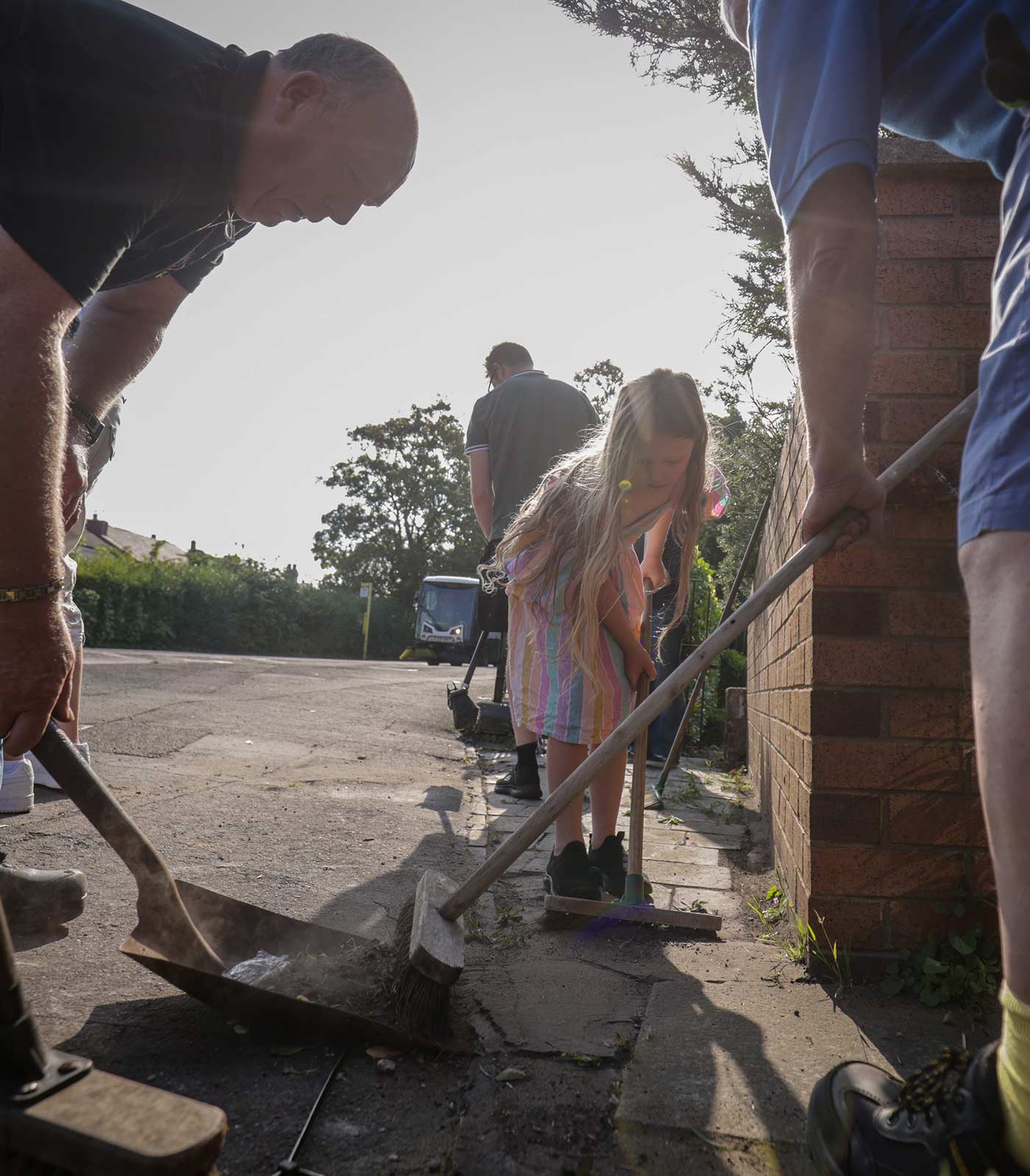
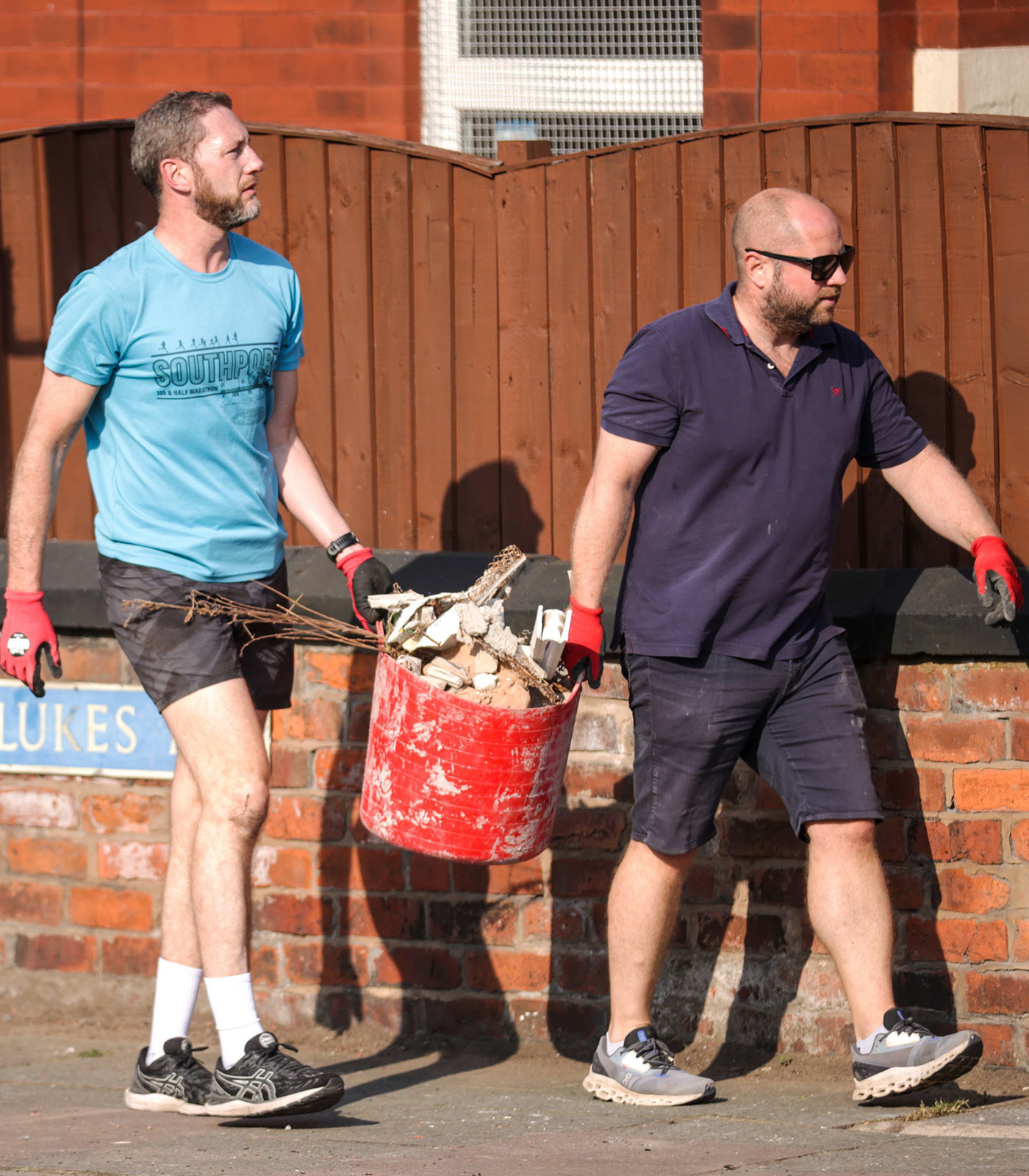
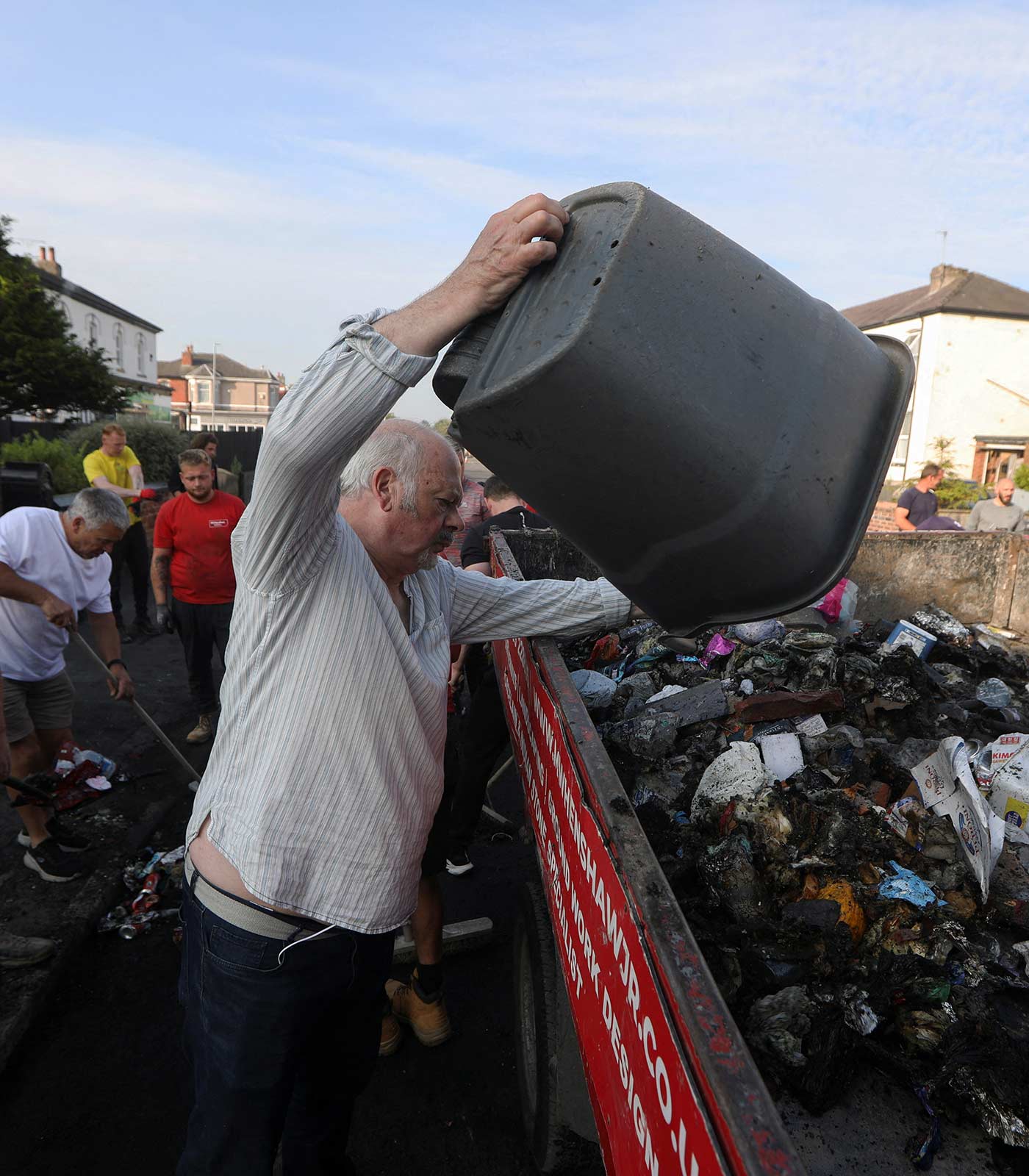
Mr Balasuriya said he found the large counter-protests across the country on Wednesday reassuring.
“Hopefully, this is going to stop in some way now and everyone can go back to their normal lives,” he said.
This was Mr Balasuriya’s first experience of overt racism, though, and he feels a new sense of caution in his daily life.
“It’s not like I see bad in people now, but it's in my head,” he said gesturing to a mobile police station outside the shop where two officers now keep watch.
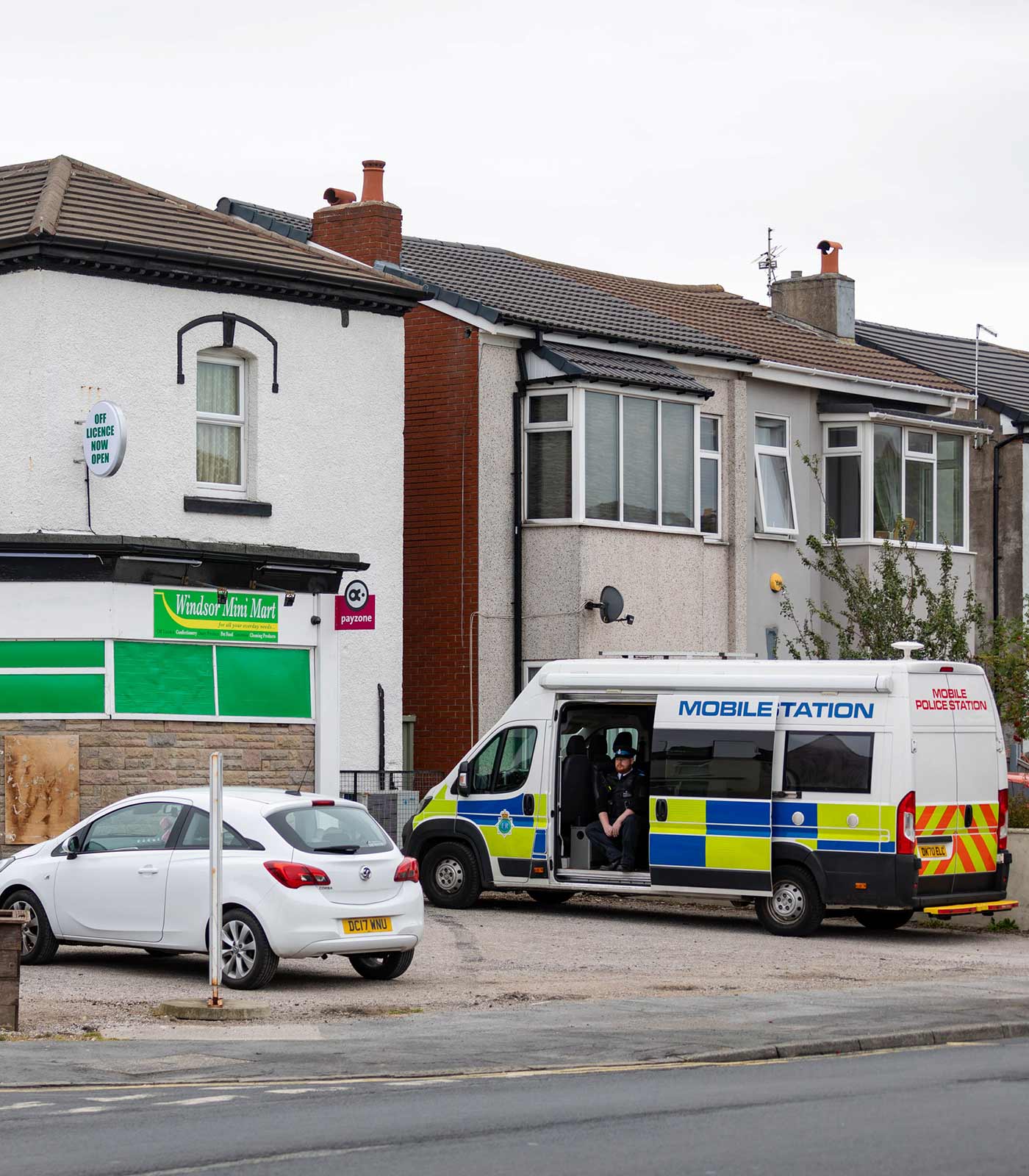
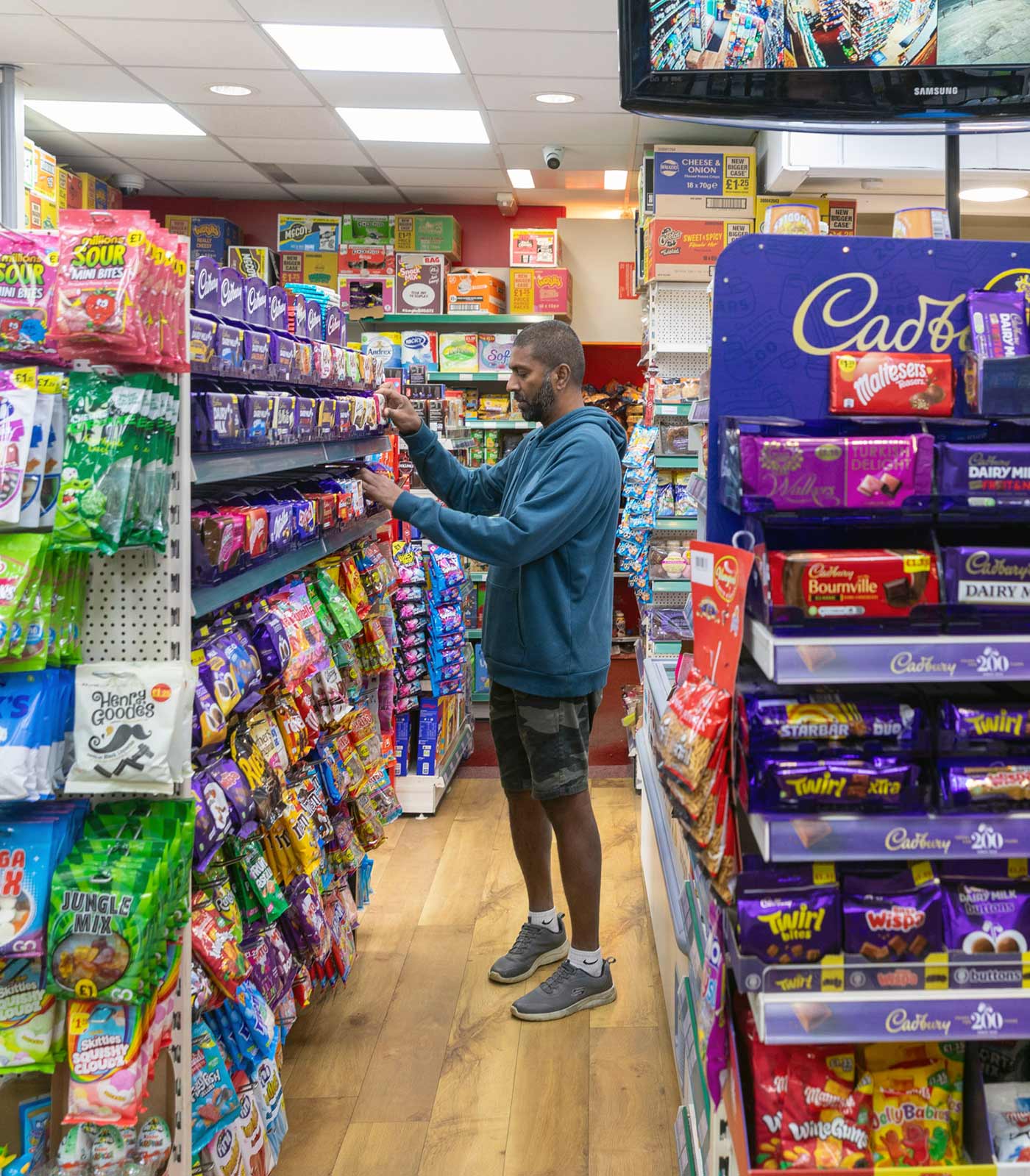
The riots hurt a community already reeling from a stabbing attack but Mr Balasuriya suggests the community’s response to the violence offers hope.
“It’s not about the money people gave me. It was the messages, the cards, the flowers. That support from strangers is unbelievable.”
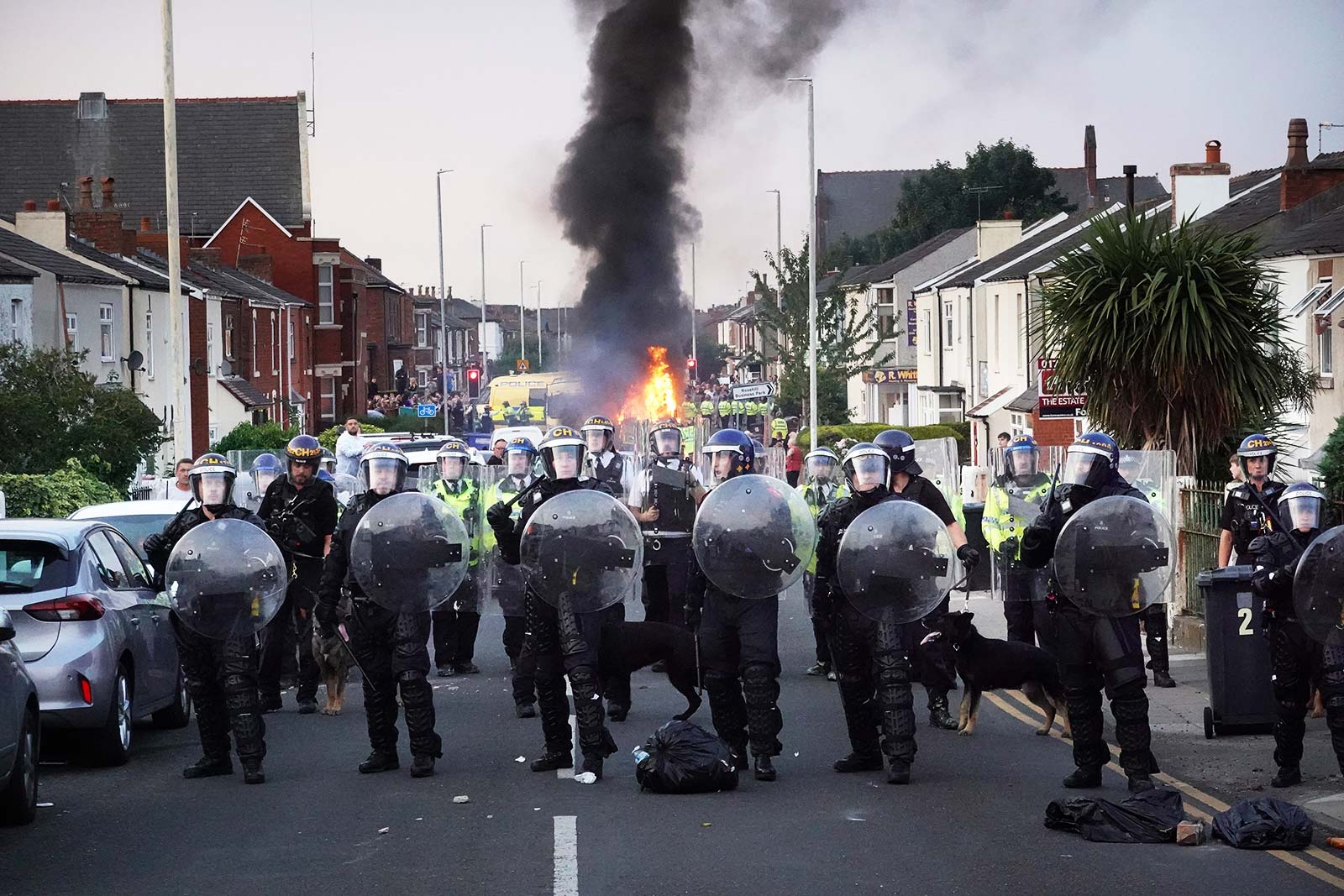
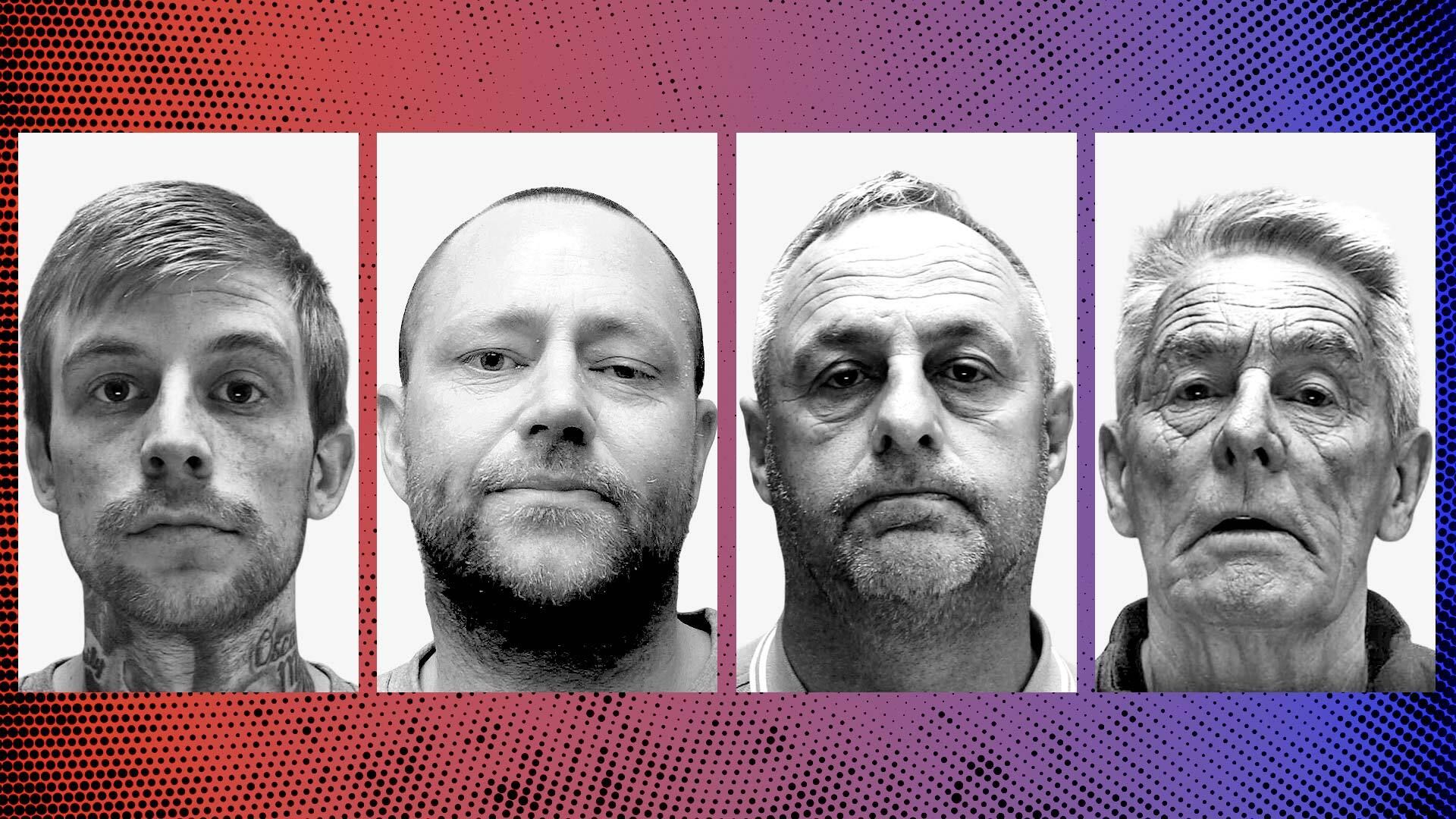 Who are the rioters and what jail sentences have they received?
Who are the rioters and what jail sentences have they received?
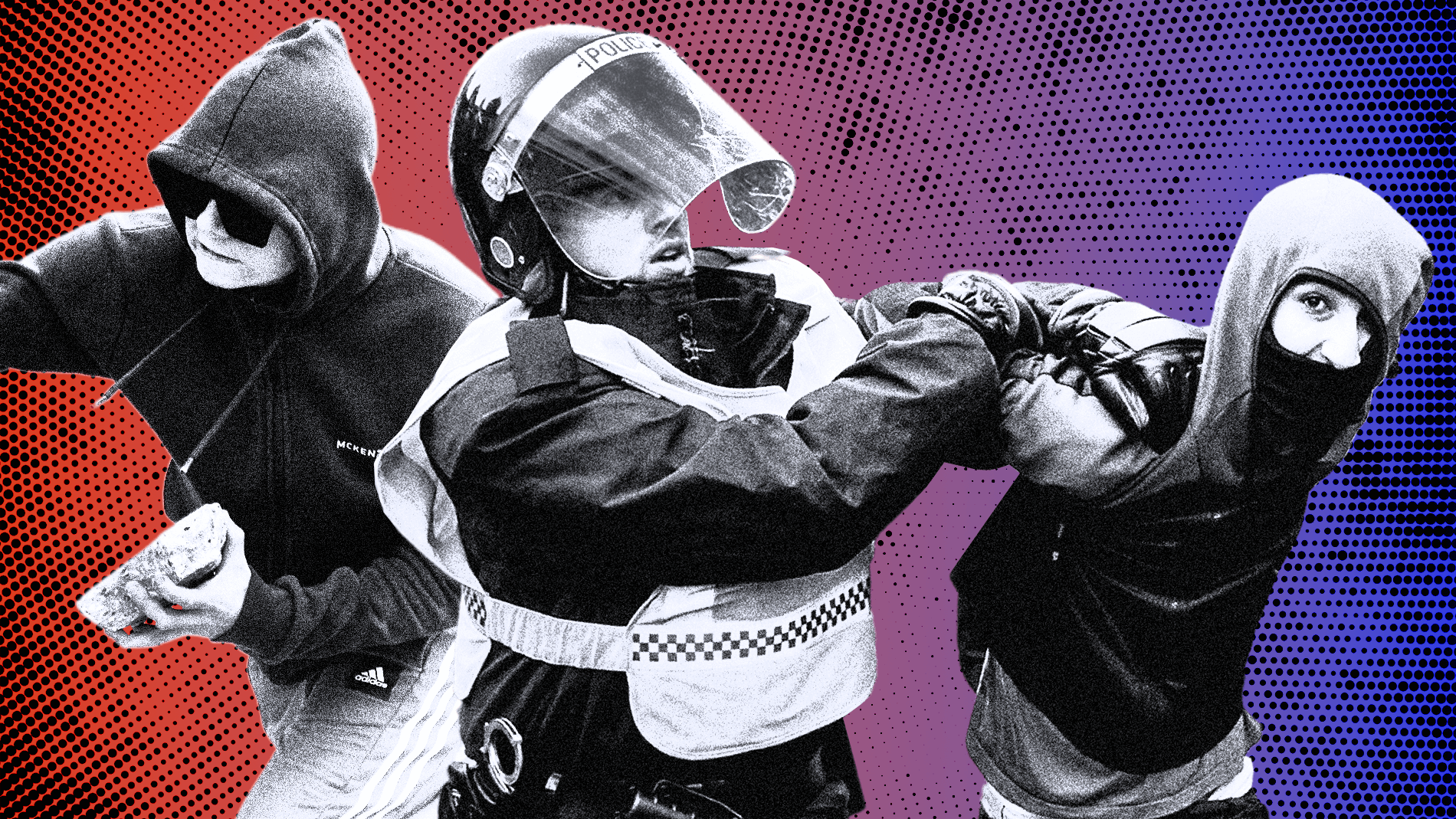 Why are there riots in the UK?
Why are there riots in the UK?
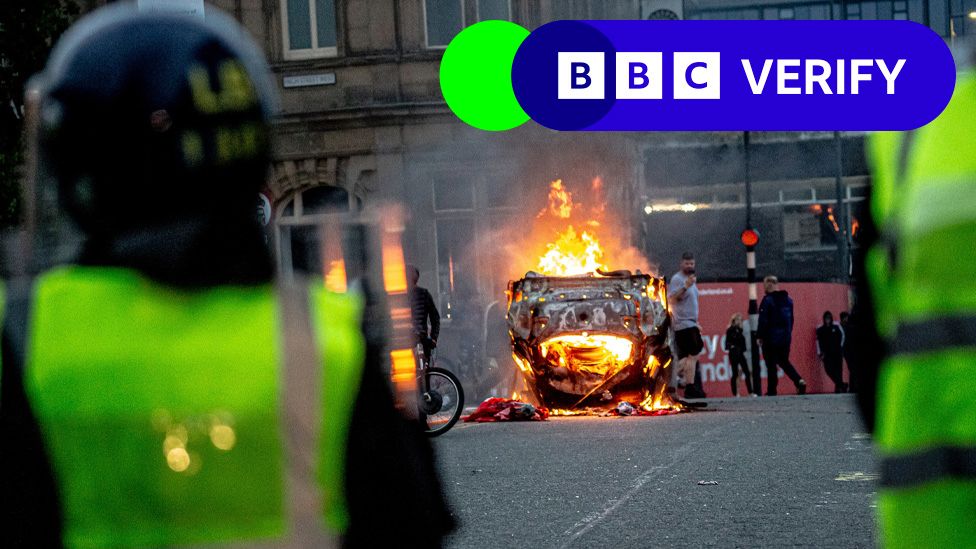 The real story of the news website accused of fuelling riots
The real story of the news website accused of fuelling riots